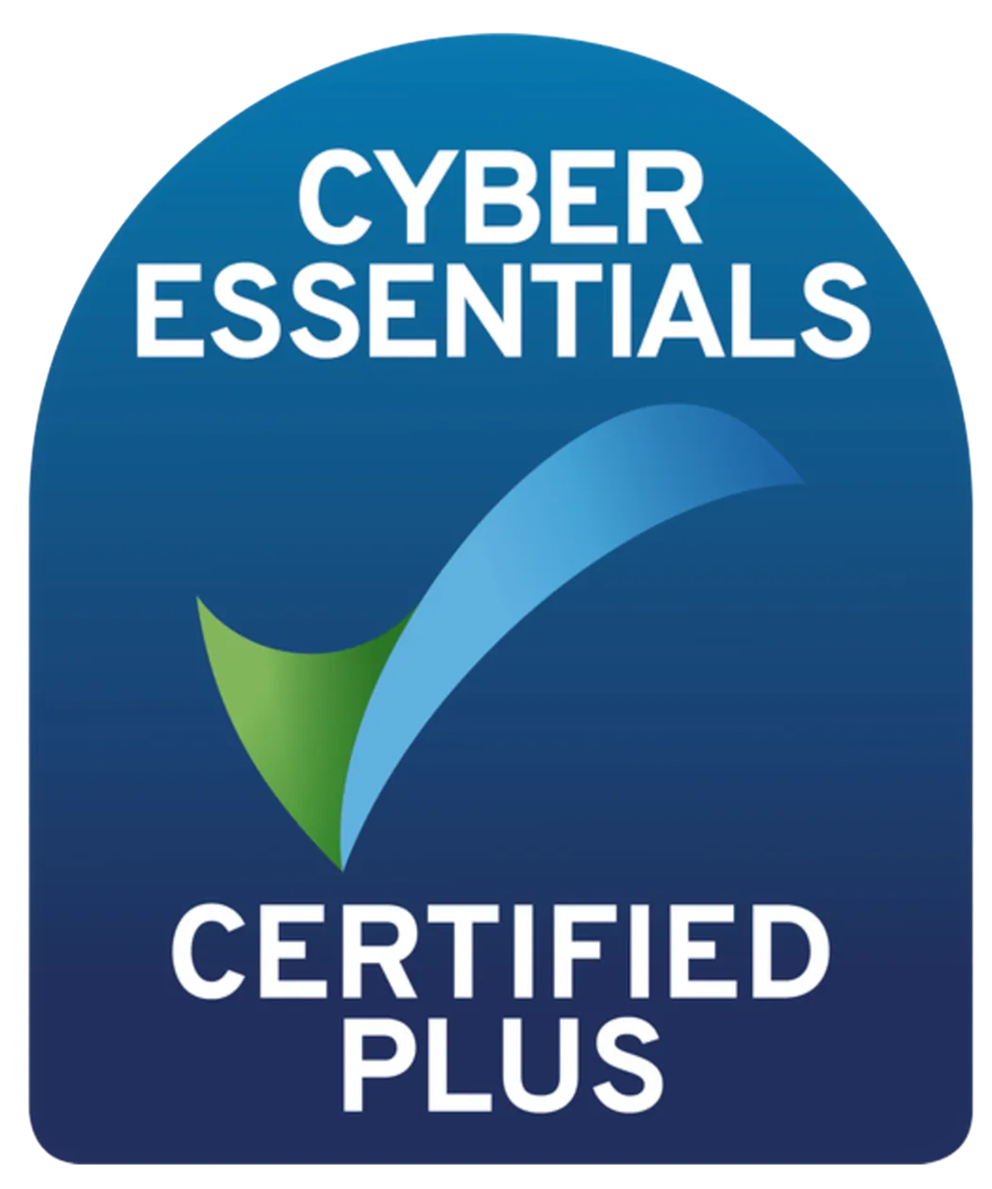It is every school’s statutory responsibility to safeguard and promote the welfare of children, as outlined by the DFE in its publication Keeping Children Safe in Education, which was updated for September 2024.
This means that a school must protect children from maltreatment, prevent impairment of children’s health or development, ensure that children grow up in circumstances consistent with the provision of safe and effective care and take action to enable all children to have the best outcomes.
At St Peter and St Paul we have a number of policies and procedures in place that contribute to our safeguarding commitment, including our Child Protection Policy which can be viewed here and in the Policies section of our website.


